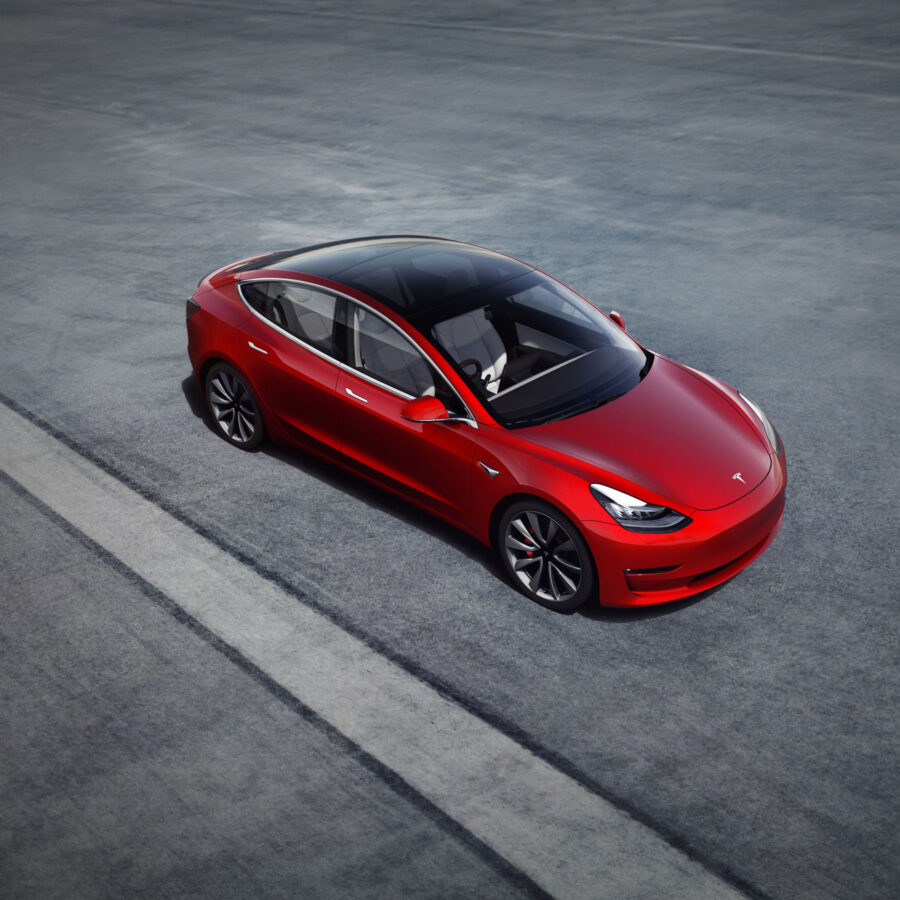The People In Charge Think We Will Never Have Self-Driving Cars
US Secretary of Transportation Pete Buttigieg is accusing the makers of self-driving cars of making claims they cannot back up.
This article is more than 2 years old
The head of the Department of Transportation does not think self-driving cars are on the horizon, despite the promises of various automakers. Futurism reports that Pete Buttigieg is getting frustrated with the progress made by vehicle manufacturers when it comes to making autonomous cars safe for passengers, pedestrians, and other cars. Now he has spoken out against what he sees are false promises and expectations about the new technology.
There have been experiments with self-driving vehicles by such producers as Tesla and Google, but the testing has occasionally resulted in damaged property, injured people, and even fatalities. These issues have complicated the process of designing automated vehicles because the risk is too high. Today’s self-driving cars don’t recognize a lot of situations a human would recognize and slow down or even stop for.

A lot of hope has been pinned on the emergence of 5G for bringing self-driving cars into the world because the new wireless technology would allow real-time transmission of conditions such as traffic and road obstructions. Promises of smart cities that can broadcast to connected vehicles at every moment are on the horizon as infrastructure is fitted to accommodate 5G. This has even caused speculation that trucks and public transportation can be fully automated with no need for a driver or operator.
Central to Buttigieg’s complaints is the Tesla corporation, which has promised a line of automated shipping trucks in the near future as well as numerous self-driving personal vehicles. Elon Musk has been very outspoken about his expectations for self-driving cars, claiming that eventually, drivers will be able to just relax and leave the work to the vehicle. However, it seems as though these assurances never come to fruition, prompting Buttigieg to observe, “it’s been seven years away for 10 years.”
Tesla in particular has been aggressive about its stance on self-driving cars, even calling its assisted driving feature “Autopilot.” Pete Buttigieg says this is a misleading name since it encourages the belief that the car will drive itself. The National Highway Transportation Safety Administration would seem to agree, as they are currently investigating almost one million crashes that they believe were caused by Autopilot.
For Pete Buttigieg, the important point is that no matter what technology is in cars right now, drivers still have to pay attention at all times to avoid accidents. Many drivers assume that any automation relieves them of some driving tasks. Buttigieg says this is simply not true.
There are six levels of automation for vehicles, which are no automation, driver assistance, partial automation, conditional automation, high automation, and full automation. These are divided into two groups of three, with the first three requiring a lot of driver attention and the other three allegedly requiring decreasing amounts from the driver. Current technology is encroaching on conditional and high automation, but there have yet to be any reliable level-five designs.
While self-driving cars are developing more rapidly than expected, there are also too many issues with them as yet to approve a fully-automated vehicle. Predictions about this technology have been notoriously unreliable and Pete Buttigieg is a high-ranking transportation executive who is among those that don’t think it will happen at all. Under his watchful eye, self-driving cars will not be on the road before they are safe.












